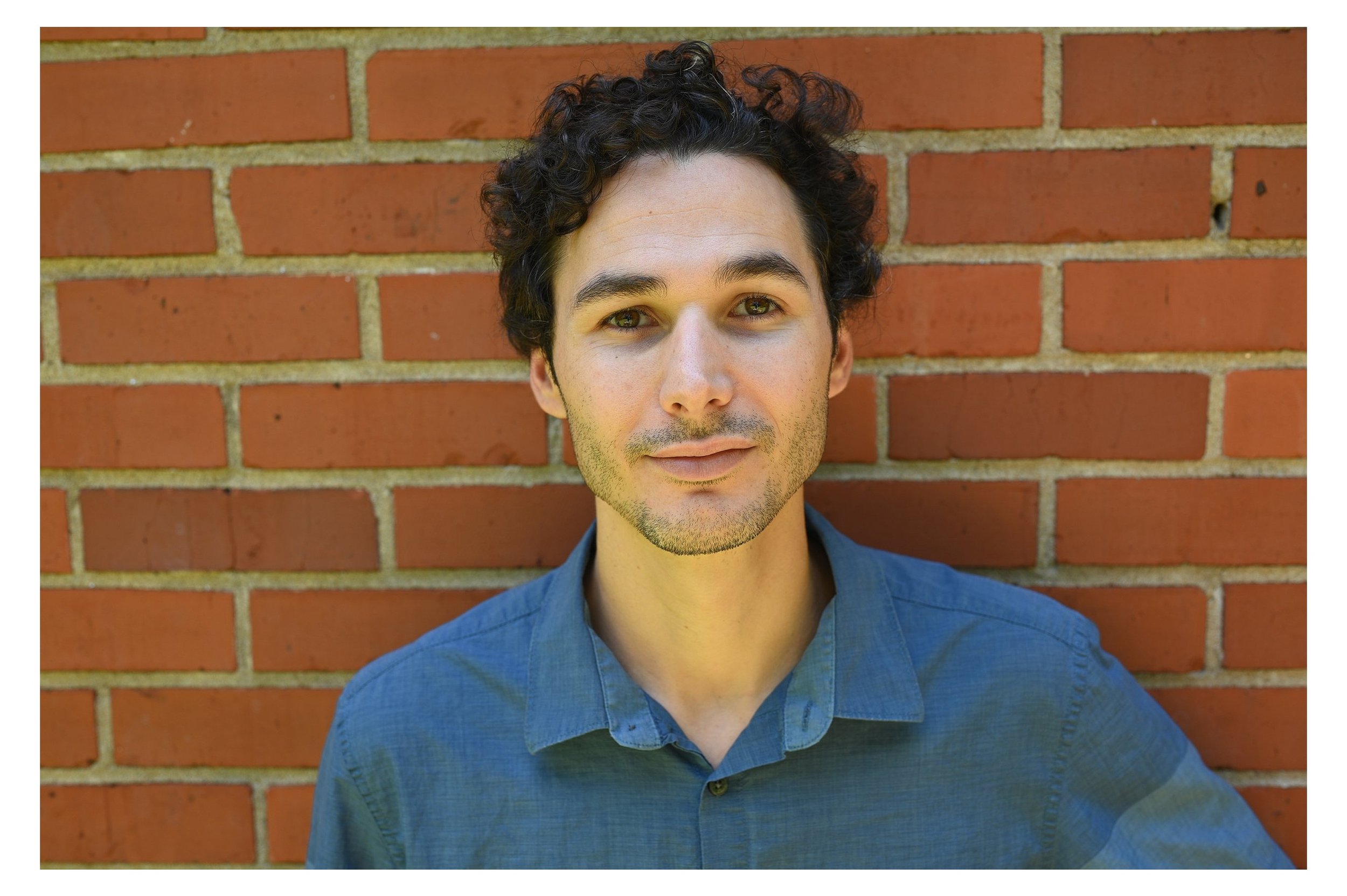The Heart and Its Hunger
This piece is a part of our “Featured Collaborators” project, where we highlight the achievements of those who have helped make The Headlight Review possible. Today, we would like to extend our gratitude to Gregory Emilio for his support as our Guest Poetry Editor for Volume 2 of our magazine.
A poet and food writer from southern California, Gregory Emilio is the author of the poetry collection Kitchen Apocrypha (Able Muse, 2023). His poems and essays have appeared in Best New Poets, Gastronomica, North American Review, [PANK], The Rumpus, Tupelo Quarterly, and Southern Humanities Review, among other journals. A mean home cook and avid cyclist, he lives in Atlanta and teaches at Kennesaw State University.
Central to community gatherings, a reason to stop and reflect, and even at times a source of discomfort or frustration, food is undoubtedly more than just an object of consumption. Because we eat for many reasons in addition to survival, we must also consider hunger as correlated with things more complex than simply food. Gregory Emilio’s recent book of poems, Kitchen Apocrypha, serves as further confirmation of the humanity of hunger and the complexity of food culture.
Published in spring 2024 by Able Muse Press, Kitchen Apocrypha is grounded in food and human experience, often through religious allegory in narratives both personal and communal. Through the familiar lenses of the sumptuous and the bittersweet, Emilio’s poems invite readers to reflect on the inherent spirituality of the human existential circumstance and the conditions of our longing.
Well over a decade’s experience in the hospitality industry informs and inspires Emilio’s writing. “For me,” he says, “kitchens and restaurants have always been rather enchanting places, places where so many aspects of what it means to be human play out.” Hunger finds itself at home in various kitchens, restaurants, and other places of comfort, in Emilio’s poetry as desire in the context of love, intimacy, knowledge, and wisdom.
Throughout the collection, each poem’s speaker encourages reflection upon moments of humanity that a reader might otherwise consider minute and, at times, uncomfortable. With timeless and timely imagery alike, the audience is challenged to consider desire ranging from adamant to fleeting. In the poem “A Farmers Market in Georgia,” we are curious to figure out who the cashier is on the other end of a brief exchange of coins, a hunger in the form of wanting knowledge (Emilio 23). “Diminishing Sestina” offers an etymological perspective on the pain of disordered eating, in which the persona speaks to the luxury of unabashed hunger (Emilio 45); we, the readers, may perhaps experience hunger in the form of wanting to assist the afflicted character.
These are just two of the many lenses Emilio offers the reader to provide clarity for the overarching message: human hunger is a spiritual affair. Emilio hopes that his readers “come to regard their own hunger, and the means by which they satisfy it, as among the most important things in life.” Though it has long been insisted that moderation is key for health, Kitchen Apocrypha offers that perhaps it is the diverse methods of indulging craving and desire which make each of us irrefutably human.
Kitchen Apocrypha is available for purchase from Able Muse Press, Amazon, Barnes and Noble, and other book sellers.


